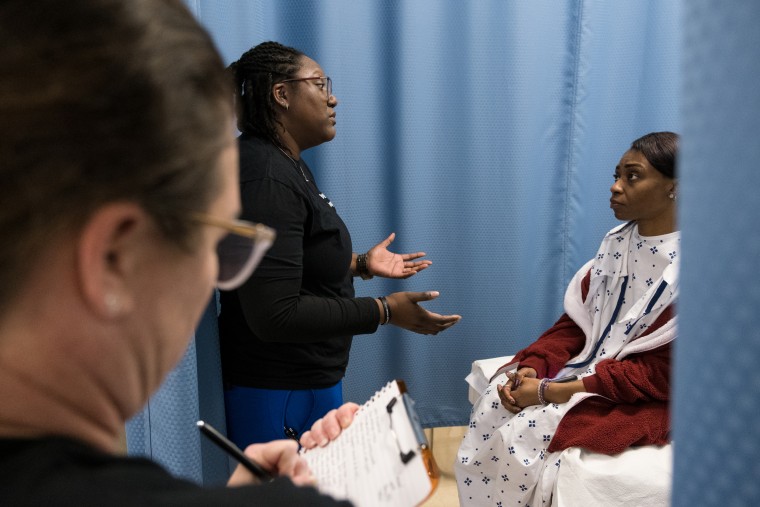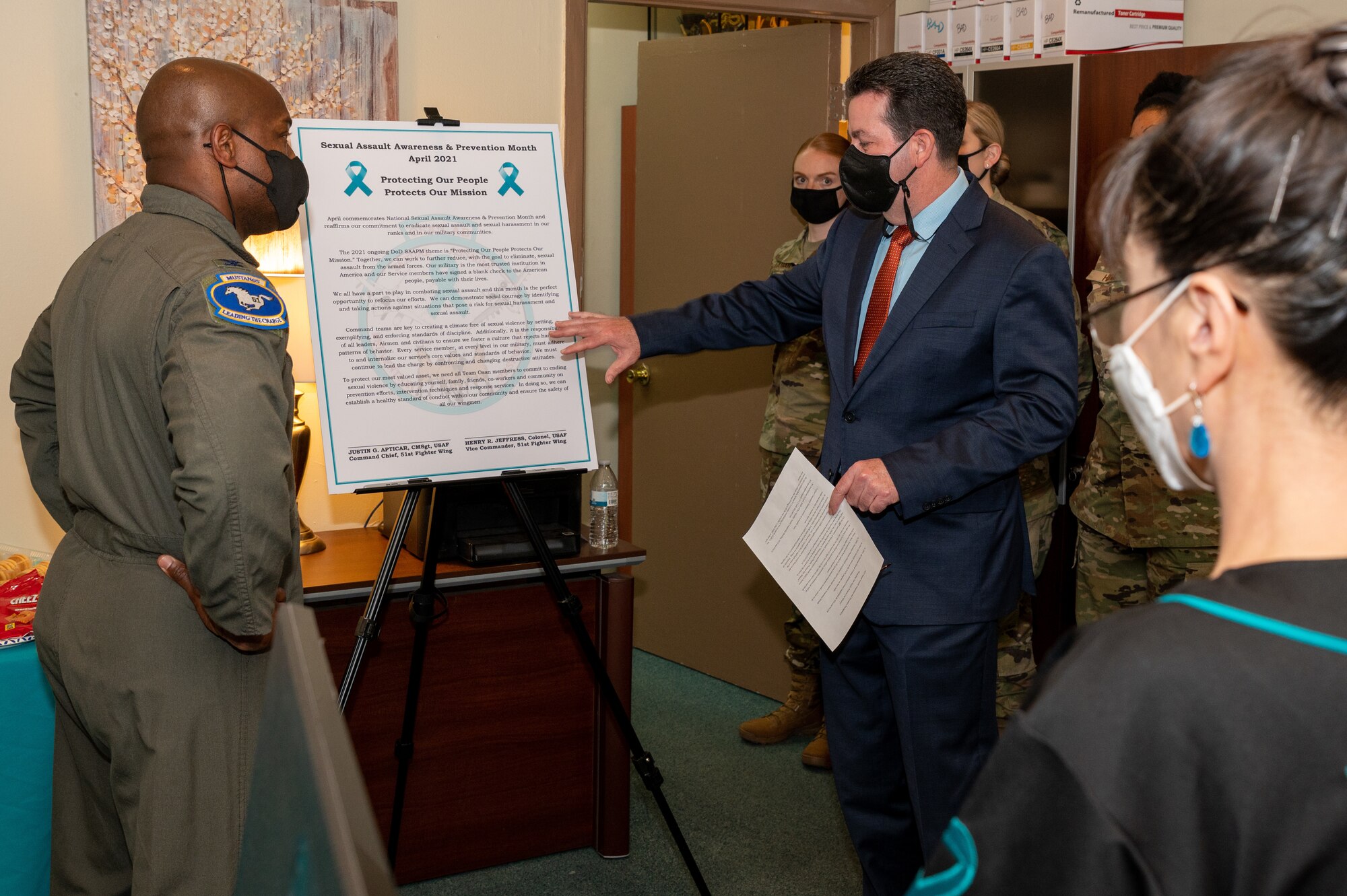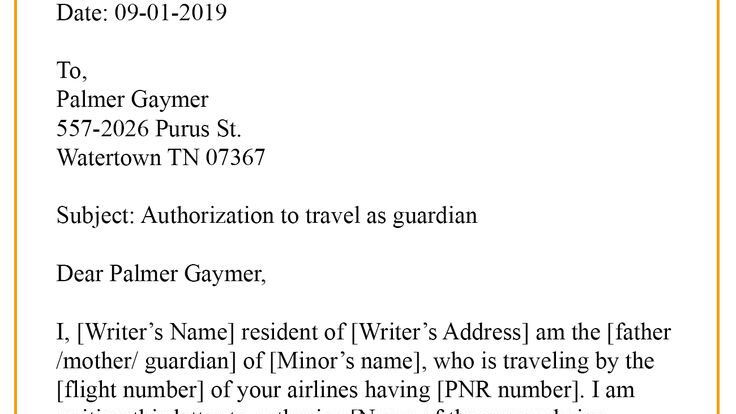
Joint Staff Sexual Assault Prevention and Response Training: Ensuring Safety and Accountability
Sexual assault continues to be a pervasive issue in society, including within the military. The Department of Defense recognizes the importance of taking proactive steps to prevent and respond to sexual assault cases. As part of this effort, the Joint Staff provides comprehensive training on sexual assault prevention and response to all its members.
Why is Joint Staff Sexual Assault Prevention and Response Training Essential?
Sexual assault poses a significant threat to the well-being of service members and undermines the core values and trust within the military. Joint Staff Sexual Assault Prevention and Response Training aims to cultivate a culture of respect, accountability, and zero tolerance towards sexual assault. The training equips service members with the knowledge and skills necessary to prevent, identify, report, and respond to incidents of sexual assault effectively.
What Does the Training Cover?
The Joint Staff Sexual Assault Prevention and Response Training covers a wide range of topics to ensure comprehensive education and awareness. Some of the key areas covered include:
- Understanding sexual assault: Service members learn about the different forms of sexual assault, including harassment, coercion, and non-consensual activity. They also understand the impact of sexual assault on victims and the importance of supporting survivors.
- Consent and boundaries: The training emphasizes the importance of obtaining clear and voluntary consent in all sexual encounters. Service members learn how to establish and respect personal boundaries to create a safe and respectful environment.
- Reporting procedures: The training educates participants about the proper reporting channels and procedures for reporting sexual assault incidents. Service members learn how to document and preserve evidence while ensuring the privacy and safety of survivors.
- Bystander intervention: The training emphasizes the role of bystanders in preventing sexual assault. Service members are trained on how to recognize and safely intervene in potentially dangerous situations.
- Victim support and care: Service members are educated on how to provide immediate support and care to survivors of sexual assault. They learn about available resources such as counseling, legal assistance, and medical care.
- Leadership responsibilities: The training emphasizes the role of leaders in fostering a safe and respectful environment. Leaders learn how to respond effectively to reports of sexual assault, provide appropriate support to survivors, and hold perpetrators accountable.
The Benefits of Joint Staff Sexual Assault Prevention and Response Training
Implementing comprehensive sexual assault prevention and response training within the Joint Staff offers numerous benefits:
- Improved knowledge and awareness: The training ensures that service members have a clear understanding of sexual assault, its impact, and how to prevent it.
- Enhanced accountability: By providing training on the reporting and investigative processes, the Joint Staff strengthens its ability to hold perpetrators accountable for their actions.
- Better support for survivors: Equipping service members with the skills to support survivors effectively ensures a supportive environment that promotes healing and recovery.
- Prevention through education: By educating service members about consent, boundaries, and bystander intervention, the training empowers them to proactively prevent sexual assault.
- A culture of trust and respect: The training fosters a culture of trust, respect, and zero tolerance towards sexual assault, creating an environment where every individual feels safe and valued.
FAQs
-
Who is required to undergo Joint Staff Sexual Assault Prevention and Response Training?
All members of the Joint Staff, including officers, enlisted personnel, and civilian employees, are required to complete the training.
-
How often is the training conducted?
The Joint Staff Sexual Assault Prevention and Response Training is conducted annually to ensure ongoing education and reinforcement of key concepts.
-
Is the training only focused on preventing sexual assault within the Joint Staff?
While the training primarily addresses sexual assault within the Joint Staff, the principles and knowledge gained can be applied to prevent sexual assault in any setting.
-
What happens if someone fails to comply with the training requirements?
Failure to complete the Joint Staff Sexual Assault Prevention and Response Training may result in disciplinary action, as it is a vital component of ensuring a safe and respectful environment within the military.
Conclusion
Joint Staff Sexual Assault Prevention and Response Training plays a crucial role in creating a culture that prioritizes safety, respect, and accountability within the military. By equipping service members with the knowledge and skills to prevent and respond to sexual assault effectively, the Joint Staff is working towards eradicating this pervasive issue and ensuring the well-being of its members. Through ongoing education and training, the Joint Staff aims to foster an environment where all individuals are treated with dignity and respect, free from the fear of sexual assault.








